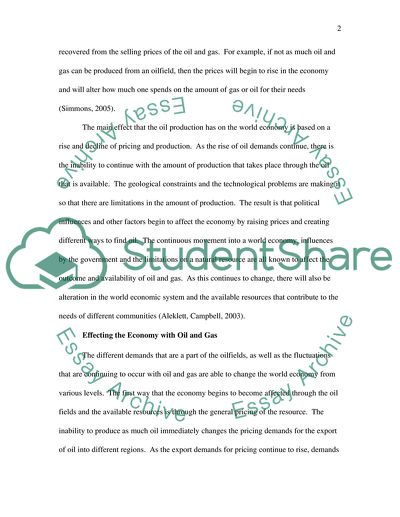Cite this document
(“How Oil and Gas Could Affect the Economy Research Paper”, n.d.)
How Oil and Gas Could Affect the Economy Research Paper. Retrieved from https://studentshare.org/macro-microeconomics/1739525-how-oil-and-gas-could-affect-the-economy
How Oil and Gas Could Affect the Economy Research Paper. Retrieved from https://studentshare.org/macro-microeconomics/1739525-how-oil-and-gas-could-affect-the-economy
(How Oil and Gas Could Affect the Economy Research Paper)
How Oil and Gas Could Affect the Economy Research Paper. https://studentshare.org/macro-microeconomics/1739525-how-oil-and-gas-could-affect-the-economy.
How Oil and Gas Could Affect the Economy Research Paper. https://studentshare.org/macro-microeconomics/1739525-how-oil-and-gas-could-affect-the-economy.
“How Oil and Gas Could Affect the Economy Research Paper”, n.d. https://studentshare.org/macro-microeconomics/1739525-how-oil-and-gas-could-affect-the-economy.


